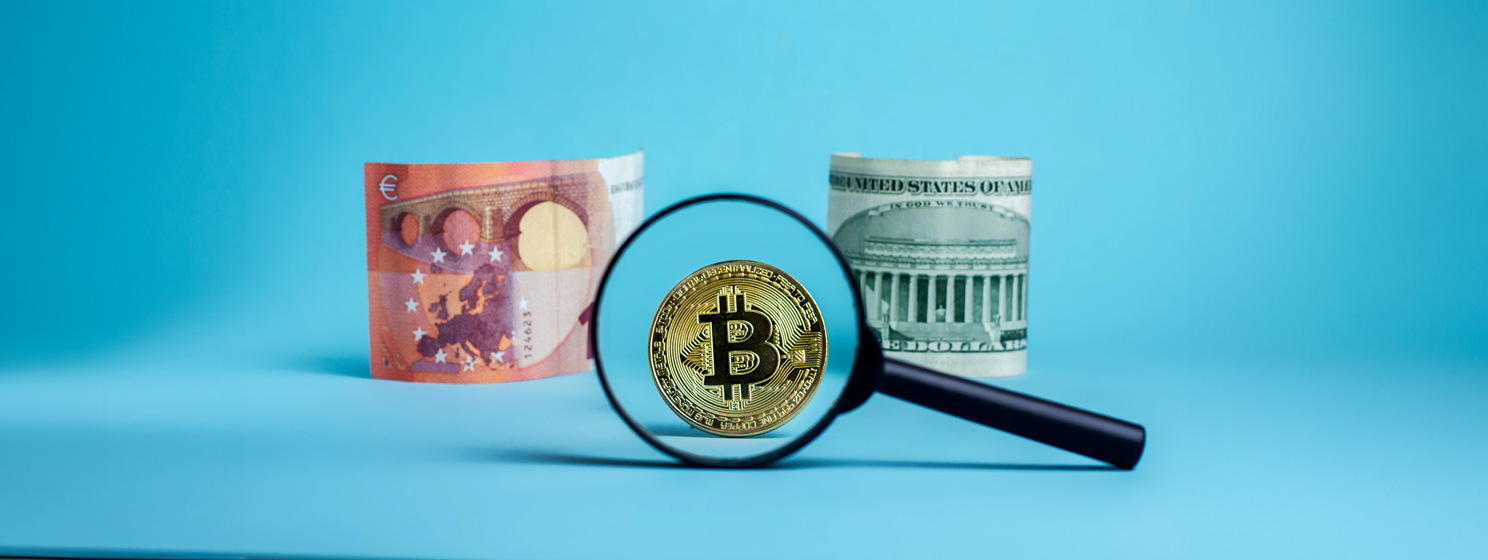|
Getting your Trinity Audio player ready...
|
India is weighing a complete digital asset ban yet again. According to local reports, authorities view digital assets as high-risk and believe a central bank digital currency (CBDC) is a better alternative.
Elsewhere, South Korea is ramping up oversight of VASPs that offer cross-border transfers to combat digital asset-linked foreign exchange crime.
India to ban digital assets?
Despite being one of the world leaders in Bitcoin adoption, India has a chequered history with digital assets. In the past, it banned banks from handling digital asset transactions, imposed hefty taxes, and indicated a complete ban on the cards.
According to a report by the Hindustan Times, the country is again considering banning digital assets. The newspaper revealed that the government has been consulting multiple regulators and key institutions on digital assets, and most favor a blanket ban.
Citing sources familiar with the matter, the paper revealed that the consultations are being held in preparation for a discussion paper on digital assets.
Most of the institutions consulted posited that digital asset risks outweigh their benefits and that a ban would be the best approach. They also claimed that a digital rupee would offer the same benefits as Bitcoin but without the risks.
“CBDCs can do whatever cryptos do. In fact, CBDCs have more benefits than cryptos, minus the risks associated with private cryptocurrencies,” said one official involved in the discussions on condition of anonymity.
This view is misguided, says Sumit Gupta, the founder of one of India’s largest exchanges, CoinDCX. He noted, “CBDCs and crypto assets serve different purposes and shouldn’t be viewed as competitors. Instead, they complement each other.”
“By leveraging advancements in the crypto space, we can enhance the efficiency, security, and inclusivity of CBDCs, making them more adaptable for real-world applications,” Gupta added.
Like many other G20 nations, India has tailored its approach to adhere to the recommendations of the International Monetary Fund (IMF) and the Financial Stability Board (FSB). In a paper last year, the two organizations advocated for a balanced approach that regulates digital assets to protect investors rather than an outright ban.
However, according to the officials cited by the newspaper, this could soon change.
“Whilst the IMF-FSB synthesis paper proposes to have a minimum threshold for regulation, it doesn’t stop any country from adopting higher restrictions, including a complete ban,” another official stated.
The proposed ban is the latest in a long line of efforts by the Indian government to clamp down on digital assets. After its banking ban on digital asset transactions was overturned by the courts, the government has been exploring other methods to suppress the ever-growing momentum in the South Asian nation.
One of these has been over-taxation. India currently imposes a 30% tax on unrealized gains and a 1% tax deducted at source. The central bank has also regularly warned investors that they could lose money investing in digital assets.
All this has done little to dissuade Indians from using digital assets. Chainalysis ranks the country first globally for adoption, with some reports estimating the number of digital asset owners at over 90 million, the highest figure of any country.
South Korea claims 80% of FX crime related to ‘crypto’
South Korean authorities seek to ramp up oversight over cross-border transactions facilitated through digital assets to stamp out foreign exchange crime.
At a recent G20 meeting, Finance Minister Choi Sang-mok revealed that all VASPs offering cross-border transactions with digital assets or stablecoins must now register and submit a monthly report on all their transactions to the country’s central bank. South Korea’s customs, tax and financial watchdogs will review the data for irregularities or illicit transactions.
South Korea has insisted that criminals have turned to digital assets to conduct crime across borders. The country’s customs service alleges that digital assets have accounted for 81% of foreign exchange-related crime since 2020, whose total value stands at $7.97 billion.
However, data from Chainalysis refutes this: in 2023, only $24.2 billion worth of digital asset volume was associated with crime, accounting for a mere 0.34%.
The finance minister revealed that the South Korean government intends to incorporate the new mandates into its financial regulations. To this end, it plans to propose amendments in parliament to the country’s Foreign Exchange Transactions Act to establish new reporting requirements for VASPs, which will be separate from those of other FX businesses. The amendments will be introduced in the first half of the year and are expected to take effect before the end of 2025.
South Korea’s digital asset industry is among the world’s largest. The latest data from the Financial Intelligence Unit (FIU) revealed that the number of digital asset owners in the East Asian nation surged to 7.78 million in the first half of this year, up over 20% from the second half of 2023.
Watch: CBDCs are more than just digital money

 03-01-2026
03-01-2026 




